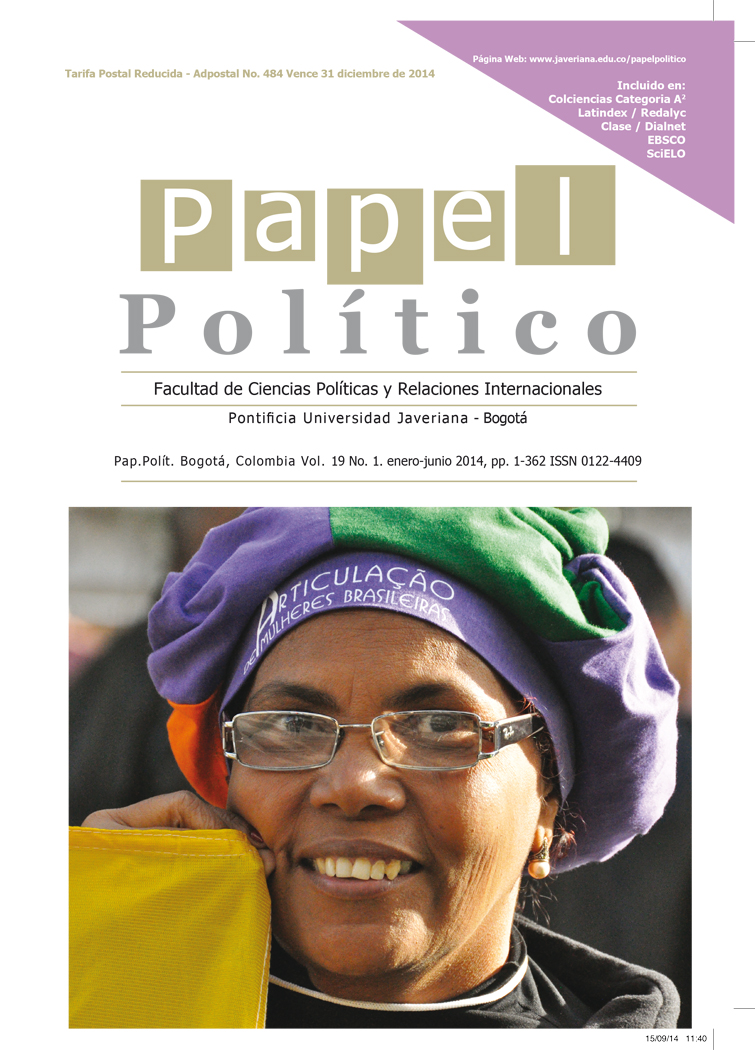Abstract
The democratic deficit in the European Unionproposes a series of questions about democraticlegitimacy in decision-making processes at thecommunity level. Although there are differentfactors involved which configure this democraticdeficit, this study only focuses on the analysis oftwo aspects: on the one hand, the institutionalweakness of the European Parliament againstthe Council predominance in the process of legislativeapproval in the EU, and, on the other, theopacity of this legislative process, which hindersthe correct information of EU citizens and alsoprevents the implementation of accountabilitymechanisms. To address these questions, theLisbon Treaty makes a number of reforms andnew additions that seek both to strengthen theEuropean Parliament into the legislative process and the public deliberative processes within it;however, this study shows how the developmentof a series of negotiation mechanisms of an informalnature into the legislative process not onlymake insufficient the additions of the LisbonTreaty to overcome the problem of the democraticdeficit, but also deepens the democraticdeterioration in the EU.This journal is registered under a Creative Commons Attribution 4.0 International Public License. Thus, this work may be reproduced, distributed, and publicly shared in digital format, as long as the names of the authors and Pontificia Universidad Javeriana are acknowledged. Others are allowed to quote, adapt, transform, auto-archive, republish, and create based on this material, for any purpose (even commercial ones), provided the authorship is duly acknowledged, a link to the original work is provided, and it is specified if changes have been made. Pontificia Universidad Javeriana does not hold the rights of published works and the authors are solely responsible for the contents of their works; they keep the moral, intellectual, privacy, and publicity rights.
Approving the intervention of the work (review, copy-editing, translation, layout) and the following outreach, are granted through an use license and not through an assignment of rights. This means the journal and Pontificia Universidad Javeriana cannot be held responsible for any ethical malpractice by the authors. As a consequence of the protection granted by the use license, the journal is not required to publish recantations or modify information already published, unless the errata stems from the editorial management process. Publishing contents in this journal does not generate royalties for contributors.


